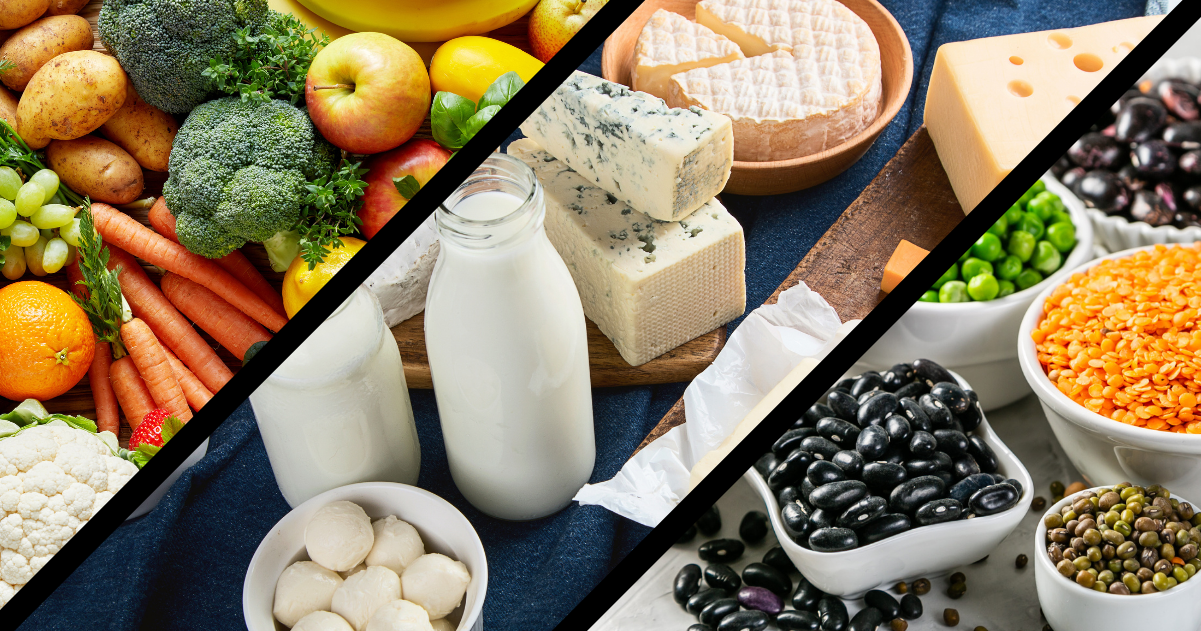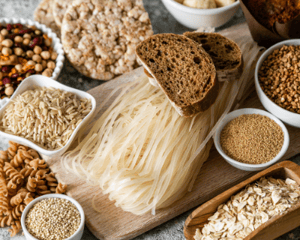We all understand the importance of healthy eating at every stage of our lives. However, as we get older, our nutritional requirements often shift, either as a result of lifestyle or changes in our health.
Are you getting the right mix of vitamins and minerals? Are you eating enough or too much? You may even need to follow a special diet, or have your food prepared in a certain way to make eating easier, which could be a challenge in any setting.
Here, we address the changing nutritional needs of older adults, and explore the dietary options available in senior living communities that can address some of these unique needs and much more
Changing Nutritional Needs
Older adults often find that they require more vitamin D, B12, calcium, and iron due to natural changes that occur during the aging process. Eating fiber-rich foods is also important for maintaining good gut health and preventing constipation.
However, while nutritional needs may vary, a key component of a healthy lifestyle is adhering to a well-balanced diet rich in unprocessed or minimally processed foods.
This type of diet includes:
- Eating a variety of fruits and vegetables
- Consuming calcium-rich foods throughout the day, such as low-fat milk, yogurt, or hard cheeses
- Choosing high-fiber foods such as peas, beans, and lentils
If you need to follow a special diet - whether for health or lifestyle reasons - you may be wondering how well a senior living community could cater to those needs. While the answer may vary depending on the community you choose, assisted living communities might be among the best options for seniors with specific dietary needs.
This is because the staff is accustomed to creating nutritious meals for a wide range of palates and conditions.
Special Dietary Types
Here at 305 West End Assisted Living, we offer a wide range of special diet options for residents that are based on the different nutritional needs of seniors. Options are helpfully labeled on our menus to make following your diet easy.
Some of these options include:

No Added Salt (NAS)
We have * on menus to indicate high sodium items. Additionally, no salt is provided at meal service, and no salt is used during cooking. This is the standard diet recommended for individuals diagnosed with hypertension, heart disease, or high cholesterol.

No Concentrated Sweets (NCS)
We have ** on menus to identify highly sweetened items. This diet is standard for those who have received a diabetes diagnosis and includes diet desserts, sugar substitutes instead of sugar packets, fresh fruit, or fruit in natural juices.

Lactose Free (LF)
Those with lactose intolerance or a milk allergy often follow this diet. Meal options are dairy-dree, which means milk, cheese, yogurt, etc. are restricted.

Gluten Free (GF)
A gluten-free diet is for individuals with celiac disease or gluten sensitivity. Foods that are naturally gluten-free, or are prepared with an alternative grain, are served.
Residents can also take advantage of numerous vegetarian and vegan options. Most senior living communities, like ours, can provide sample menus for you to review. 
Mechanically Altered Diets
Residents who have difficulty chewing and/or swallowing – due to surgery, illness, or injury – may be prescribed a special diet by their doctors. Depending on the need, there are a variety of mechanical diets that might be recommended, including:
 Soft to Chew: Regular consistency diet without hard or sticky food items.
Soft to Chew: Regular consistency diet without hard or sticky food items.- Chopped: This diet consists of foods that are moist and easily chewable - food is no larger than one-half inch pieces.
- Ground: This diet consists of foods that are moist, cohesive, and semisolid that require some chewing - food is no larger than one-quarter inch pieces.
- Puree: This diet is used for residents with difficulty chewing and/or swallowing. The consistency is smooth and thick enough to mound on the plate, and similar in consistency to that of pudding.
Many senior living communities are able to accommodate mechanically altered diets. At 305 West End Assisted Living, our talented dining room staff prepares mechanically altered meals that are not only nutritious but beautifully plated too
How to Maintain Your Special Diet
As you can see, there are numerous options available in senior living communities that make it easy to meet your nutritional needs. To maintain your specific diet, it’s important to communicate your needs - or the needs of a loved one - to the staff.
Pay attention to any specific diet indicators on the menu - such as the examples described above - as they are there to make choices easier for you.
If you have specific dietary requirements outside what a community presents, simply ask about special accommodations for your particular needs or the needs of a loved one.
More Health and Nutrition Resources
If you enjoyed this article, you might also be interested in reading about these five healthy eateries on the Upper West Side, or these tips on how to improve the quality of your sleep.






